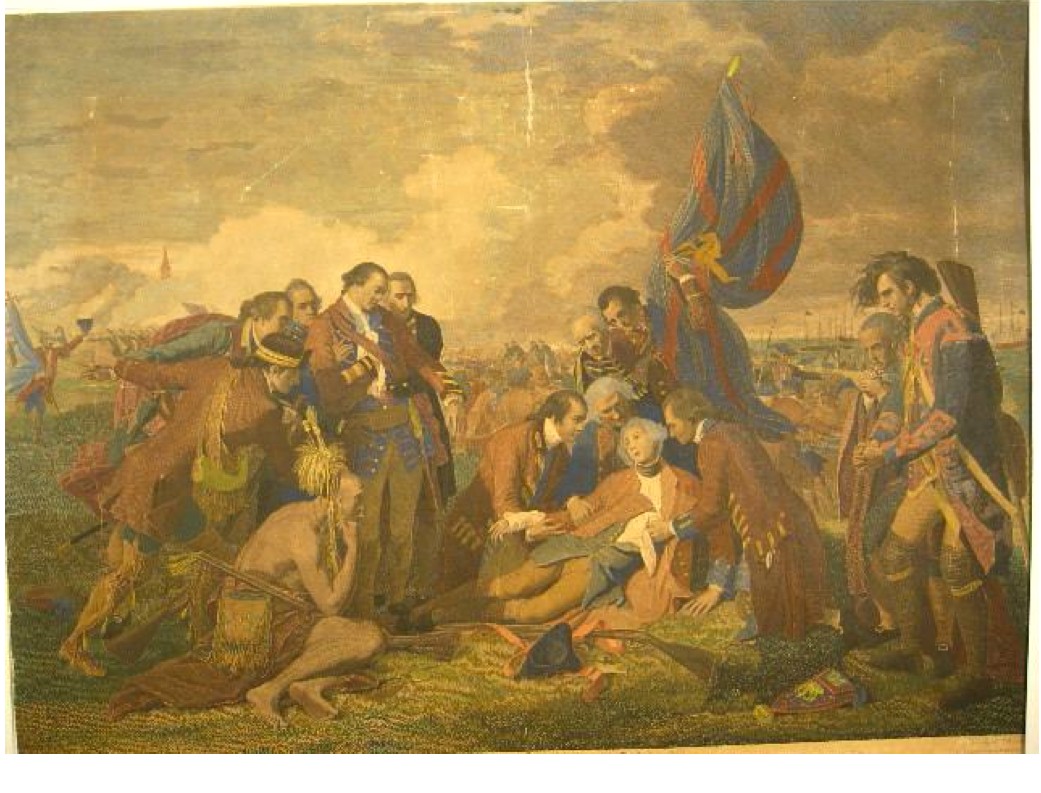Travel Books from Bestebreurtje Rare Books
- by Michael Stillman

Travel Books from Bestebreurtje Rare Books
Gert Jan Bestebreurtje Rare Books has issued List 48: New Acquisitions. One Hundred Interesting and Rare Books on Travel. Actually there is a bonus here as there are 104 items (unless four are too common or uninteresting to qualify). Many of the travels emanated from the Netherlands, as befitting a Dutch bookseller, but not all, and the places visited go all over the world. This catalogue will be welcomed by those with an interest in travels and explorations, primarily from the post-Age of Discovery era (1700 forward).
Now that we have said most travels described came after 1700, we will start with one that preceded that date by almost four centuries. However, the account would not be printed until five centuries later. The title is Voyages d'Ibn Batoutah, texte arabe, accompagné d'une traduction… published 1854-1874 (four volumes). It is bilingual, printed in both French and the original Arabic. The traveler was Ibn Battuta, a Moroccan born in 1304, not quite a contemporary of Marco Polo, but one whose life overlapped with the later years of the famed Italian explorer. In 1325, Battuta participated in the Hajj, the sacred Muslin pilgrimage to Mecca. He did not stop there. Battuta kept traveling, all over the known world of the time, the Arabian Peninsula, Near East, India, China, Southeast Asia, and back to Africa and Muslim Europe (Spain). He would not make it home until almost a quarter of a century later, whereupon he quickly set out again for another five years. He would not settle down back home until 1354, after which he made no more notable journeys. He had a story to tell that would rival that of Marco Polo, but Ibn Battuta did not keep notes, and never set his account down in words. Fortunately, he dictated his remembrances to another, and they floated around in manuscripts for centuries before being printed. As with Marco Polo, it is questionable whether he actually visited all of these places, as some accounts were clearly lifted from earlier writings. However, his travels still must have exceeded those of just about anyone who lived up to that time. Item 43. Priced at €795 (euros, or approximately $1,153 in U.S. currency).
Ibn Battuta traveled much of the coastal areas of northern and eastern Africa, and even penetrated the continent to Timbuktu, but travels deep into the heart of the continent would come later. Perhaps the most famous of these explorers was the missionary David Livingtone. Livingstone started out hoping to convert the natives, but not being very good at that, he devoted most of his energy to unlocking the secrets of what was then, to Europeans, a dark continent. He would drift out of contact with the western world until his famous discovery by Henry Stanley, who presumed right when he found Livingstone. Item 58 is The last journals in Central Africa, from 1865 to his death. Continued by a narrative of his last moments and sufferings, obtained from his faithful servants Chumah and Susi by Horace Waller. Poor health made Livingstone's last years difficult, and after he died, his faithful servants undertook the long trek of bringing his remains home to England. Offered is a first American edition, published in 1875. Item 58. €195 (US $282).
Item 49 is a second edition (published in 1898, a year after the first) of the account of a most uncommon traveler of the time: Travels in West Africa. The author was Mary Henrietta Kingsley, and she was not accompanied by a husband or any other man, most unusual for a woman going to places out of the way and often unexplored at this time. Miss Kingsley, an Englishwoman, was the daughter of an extensive traveler, a man who at one time accompanied Custer in the American West (fortunately not in his final battle). As her parents aged and became ill, Miss Kingsley was devoted to their care, but after they died, she set out on her own. Her target was Africa, and she visited and lived in several backcountry locations, learning about and developing an appreciation for the local customs. This too was unusual, as most in England saw themselves as far superior to Africans, while Miss Kingsley felt that native customs were appropriate for the local environment. She would return to Africa a few years after her travels to serve as a nurse during the Boer War, but contracted typhoid and died in 1900. €150 (US $217).